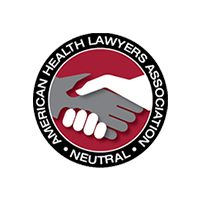An announcement by the Supreme Court could be good news for health care providers. It might not. What legal observers seem to agree on is that regardless of the outcome, it should give providers a better understanding of when they run the risk of violating the federal False Claims Act.
For those who may be unfamiliar with it, the FCA is what many attorneys would agree is the government’s key tool for fighting fraud by government contractors. What it does is allow private citizens to level accusations of contracting fraud with the possibility of getting some percentage of any eventual award that might be made.
Attorneys with experience in health care law in New York and elsewhere know that the legal theory of “implied certification” under the FCA is one that is gaining traction as the basis for bringing lawsuits. And in recent years it’s come to be used more frequently in suits against care providers who contract to deliver services through Medicare and Medicaid.
The implied certification argument goes that any provider who submits a claim to government health care programs is implicitly stating that they are fully compliant with all the rules to participate in the program. This would include having all necessary licenses and supervisory staff.
The case the court has chosen to hear is brought by the parents of a teenage girl who died while in the care of a Massachusetts mental health clinic. They allege that the clinic was not in full compliance with all Medicaid program rules and that in seeking of government payments for treatment it committed fraud.
The argument on the other side of the case is that program rules don’t expressly state that complete compliance with all the rules is required as a condition of payment and that to allow such FCA claims under that premise would open the door to suits on the basis of any minor irregularity.
Legal observers say the court’s final decision should at least make clear when the act applies in such cases. It might also prompt the government to clarify what rules are conditions for getting paid.
We will be watching with interest to see what happens.
Source: Modern Healthcare, “Supreme Court to rule on theory underlying many healthcare fraud suits,” Lisa Schencker, Dec. 8, 2015


